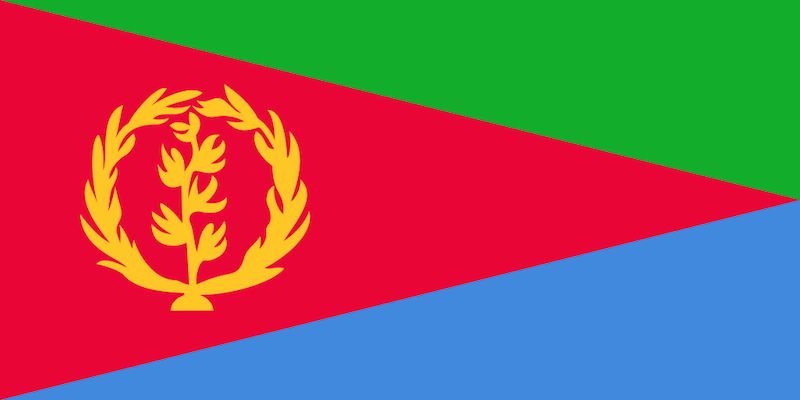Eritrea — a country of 6.4 million people, located on East Africa’s Red Sea coastline — separated by referendum from Ethiopia in 1993 following a brutal three-decade civil war. Since then, it has remained firmly under the single-party rule of Isaias Afwerki, who led the main rebel group since 1978 and the country since 1991. His reign has become ever more brutal and the country ever more impoverished in the elapsed time since.
The report of a year-long United Nations inquiry into the country confirmed the worst fears of many observers and critics. Eritrea has become one gigantic prison and a virtual hell on earth:
Slavery-like practices are routine and torture is so widespread that the commission said it could only conclude that the government’s policy was to encourage its use.
[…]
Eritrea effectively enslaves people by a system known as “national service”, but which really involves “arbitrary detention, torture, sexual torture, forced labour, absence of leave”, the report said.
National service is supposed to last 18 months, but the commission spoke to one witness who had fled after 17 years. Witnesses reported people being executed for trying to avoid being drafted into service as recently as 2013, it said.
The conditions are so horrifying and unbearable that as many as 10% of all Eritreans have fled the country, despite the government enforcing a Shoot-to-Kill border control policy to try to prohibit any emigration whatsoever. Some 5,000 citizens are leaving each month. The government insisted the UN report was a “vile slander.”
If you’re wondering why so many people in recent years have faced the incredibly treacherous (and often fatal) Mediterranean journey to enter the European Union illegally, look no further than Eritrea to find your answer. It has been one of the single largest source countries for migrants arriving without documents into the EU by boat. The unspeakable conditions of Eritrean daily life and the sheer difficulty of escaping the country in the first place make the intense dangers of crossing the Mediterranean with human smugglers look like the easy part. It is, fortunately, also why Eritrean migrants have a better chance than most of receiving asylum status.



